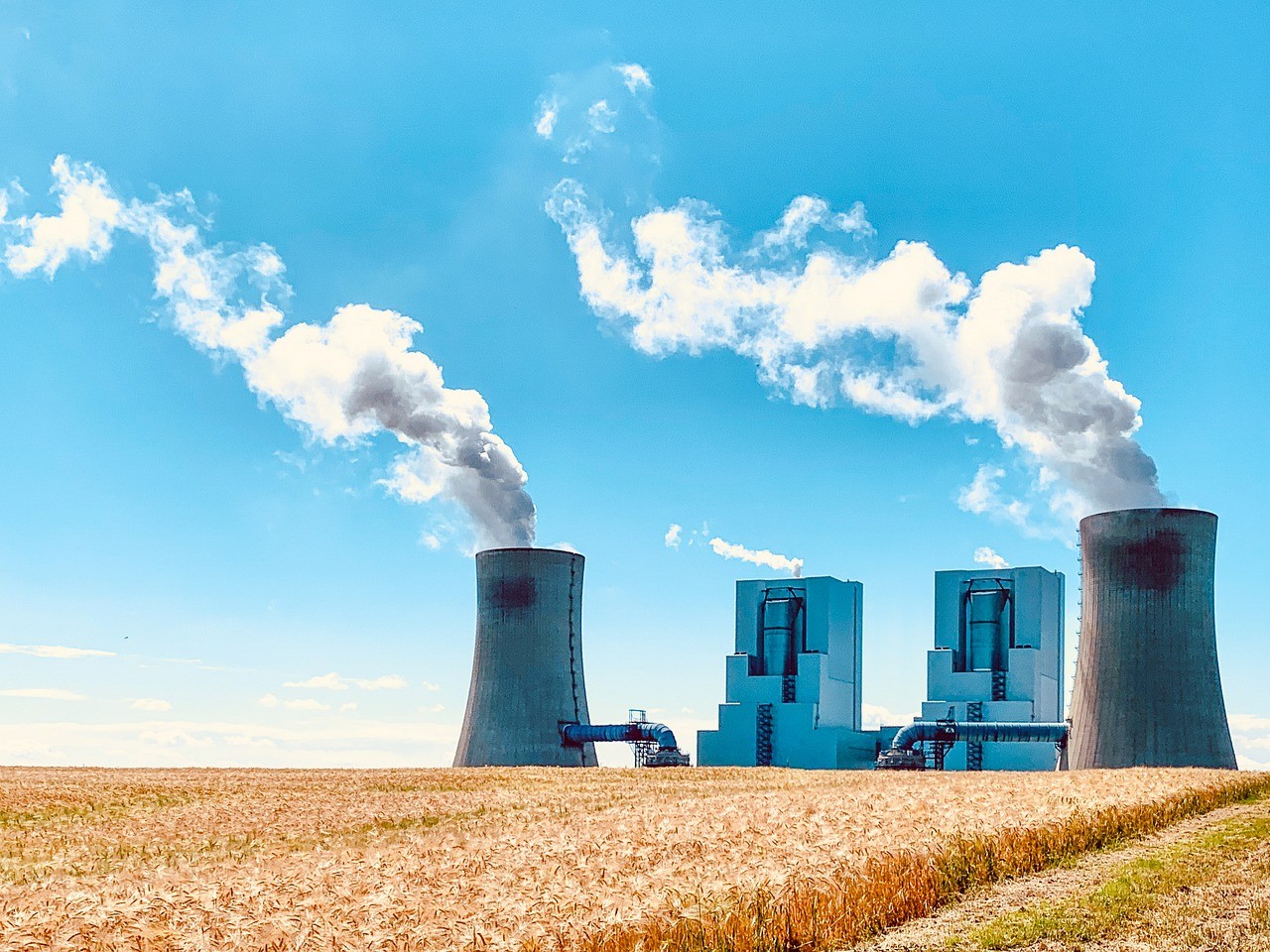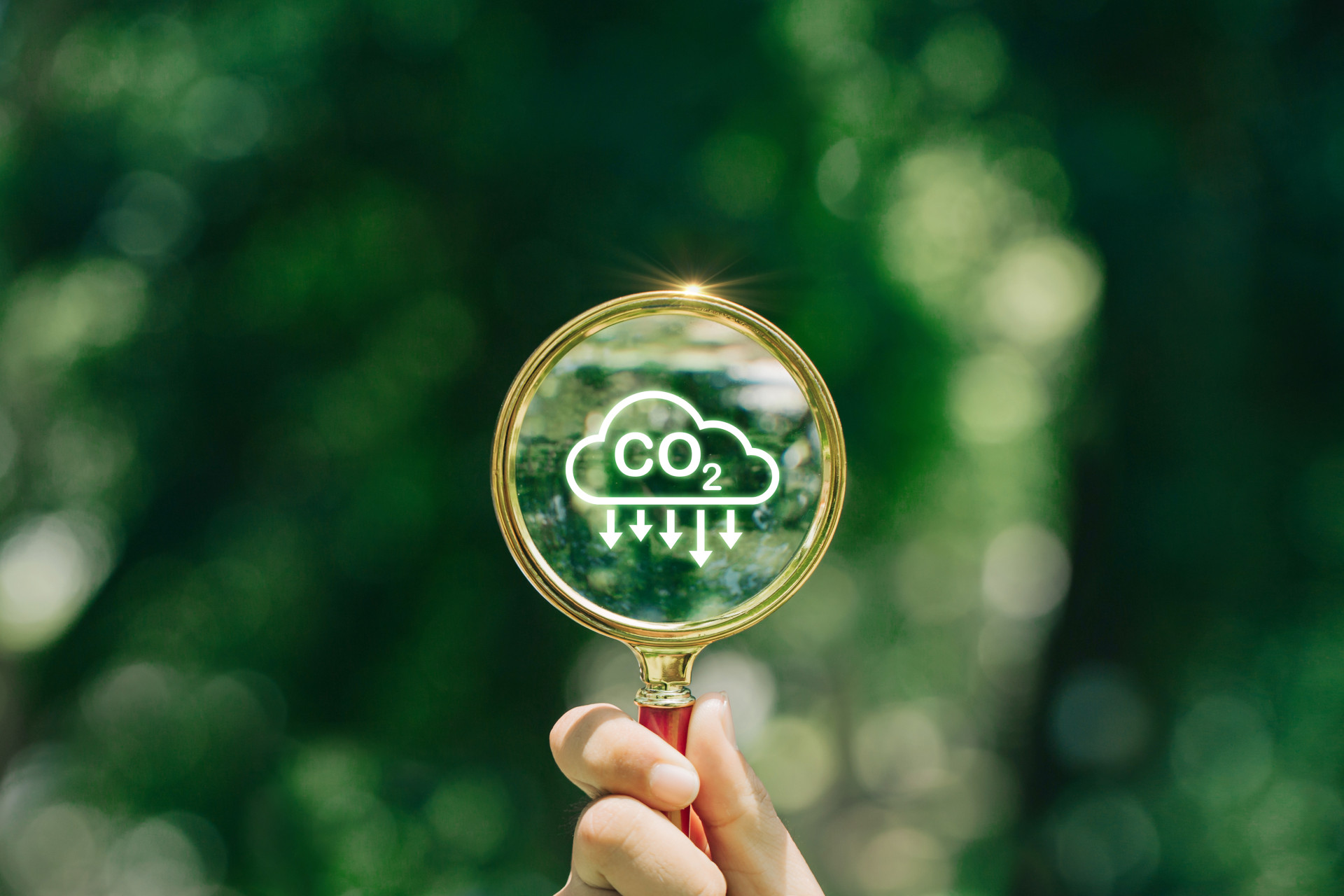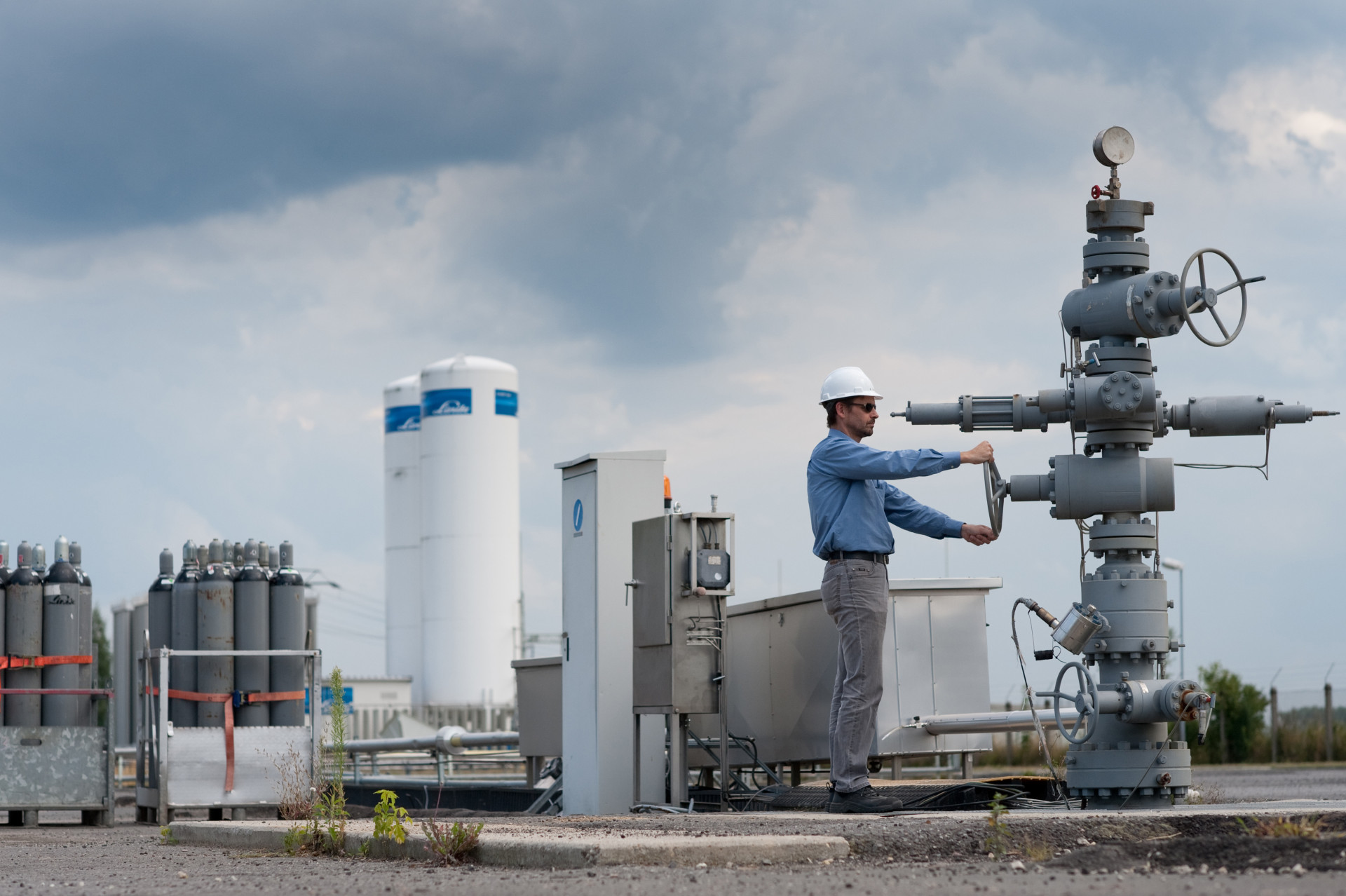Mitigation
Limiting the increase in the global mean temperature to below 2 degrees compared to the pre-industrial level is fundamentally possible - this is shown by the IPCC in its special report on 1.5 °C global warming.
Important measures are rapid and far reaching reductions of all greenhouse gas emissions, above all carbon dioxide. In addition, carbon dioxide must be extracted from the atmosphere. It can be stored in natural sinks such as soils and forests, for example. Furthermore, the carbon dioxide extracted from the atmosphere can be converted back into energy sources through chemical processes.
In Net-Zero-2050, Cluster I of the Helmholtz Climate Initiative, respective strategies and new approaches are scientifically examined and evaluated in four projects with regard to the German framework. In addition, two case studies are carried out with external stakeholders from the field.
The results flow into a pilot roadmap for a CO2-neutral Germany by 2050 and are intended to drive the public and political debate about CO2 neutrality at various levels - also in the Helmholtz Association itself.
Netto-Null-2050 currently focuses exclusively on CO2 emissions and the associated CO2 neutrality.


Roadmap & scenarios
Project 1 consists of two sub-projects, which, in a close exchange of information, evaluate the most promising contributions towards a CO2-neutral Germany by 2050, with reference to the German framework. The results are shown in a pilot roadmap.
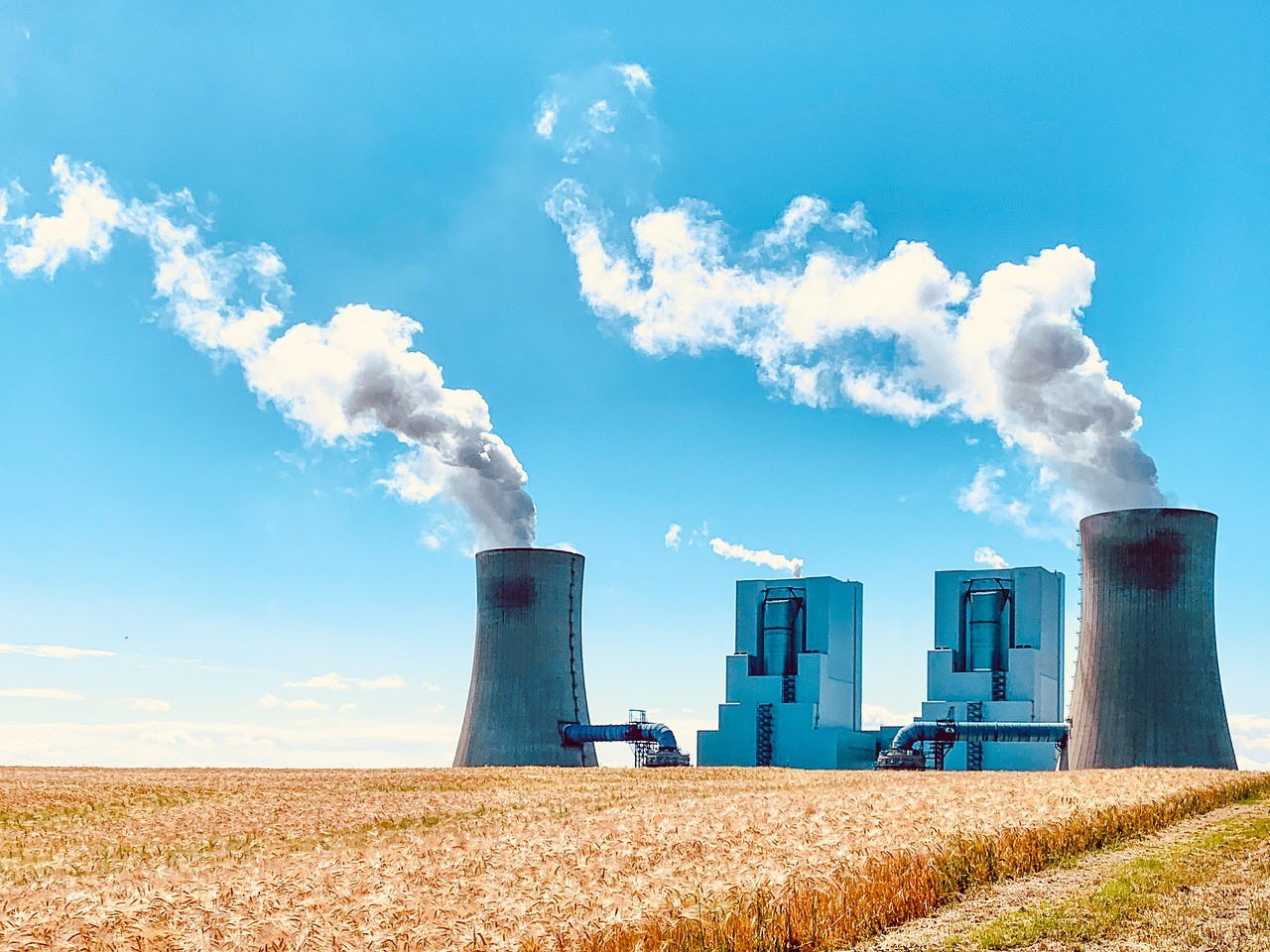
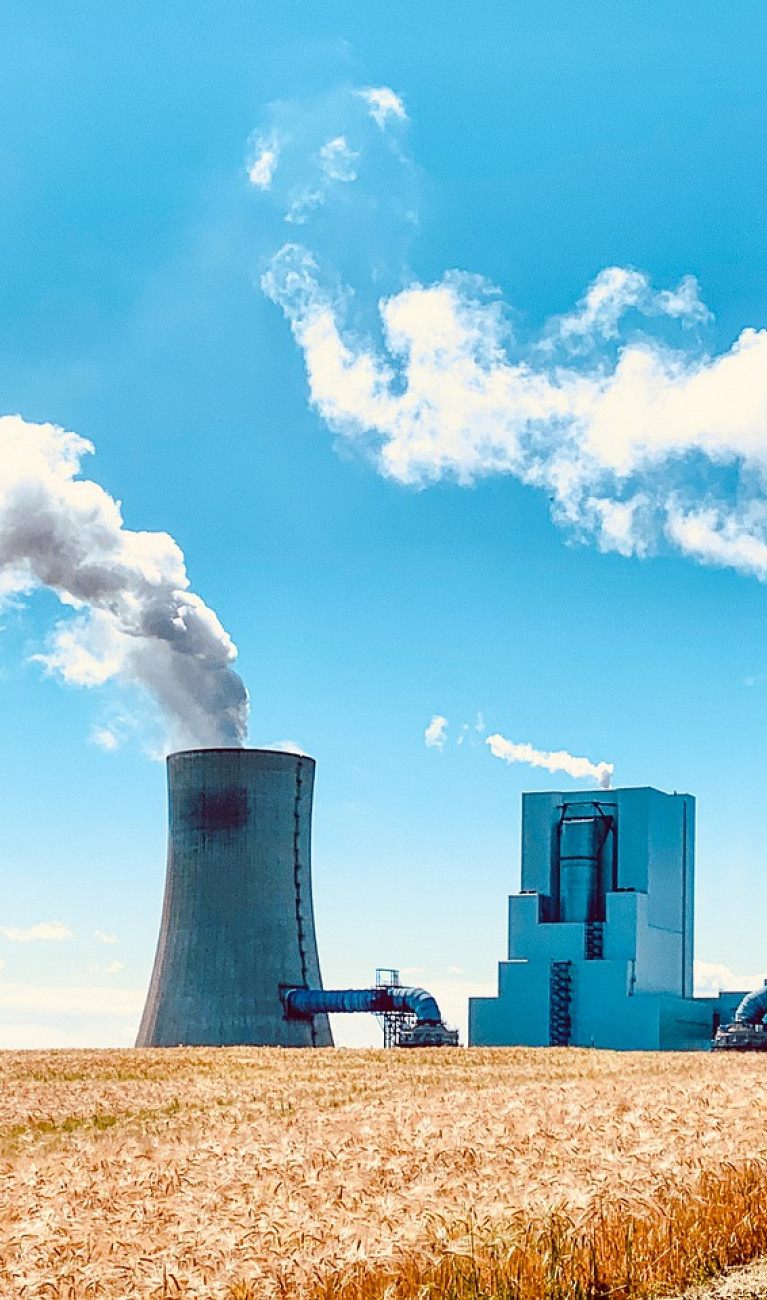
Circular CO2 approaches
The project examines the potential of two complementary approaches to extract CO2 from the atmosphere and convert it into energy carriers through renewable energies.


Potential and integration of underground storage solutions
With the conversion of the energy system from fossil fuels to renewable energies, energy storage is becoming increasingly important. The project therefore evaluates the technically and economically feasible potential from different perspectives.


Storage solutions in nature
Natural greenhouse gas sources and sinks play an important role in the overall CO2 budget. Both, CO2 emissions and storage often depend on choices made in management and land use.
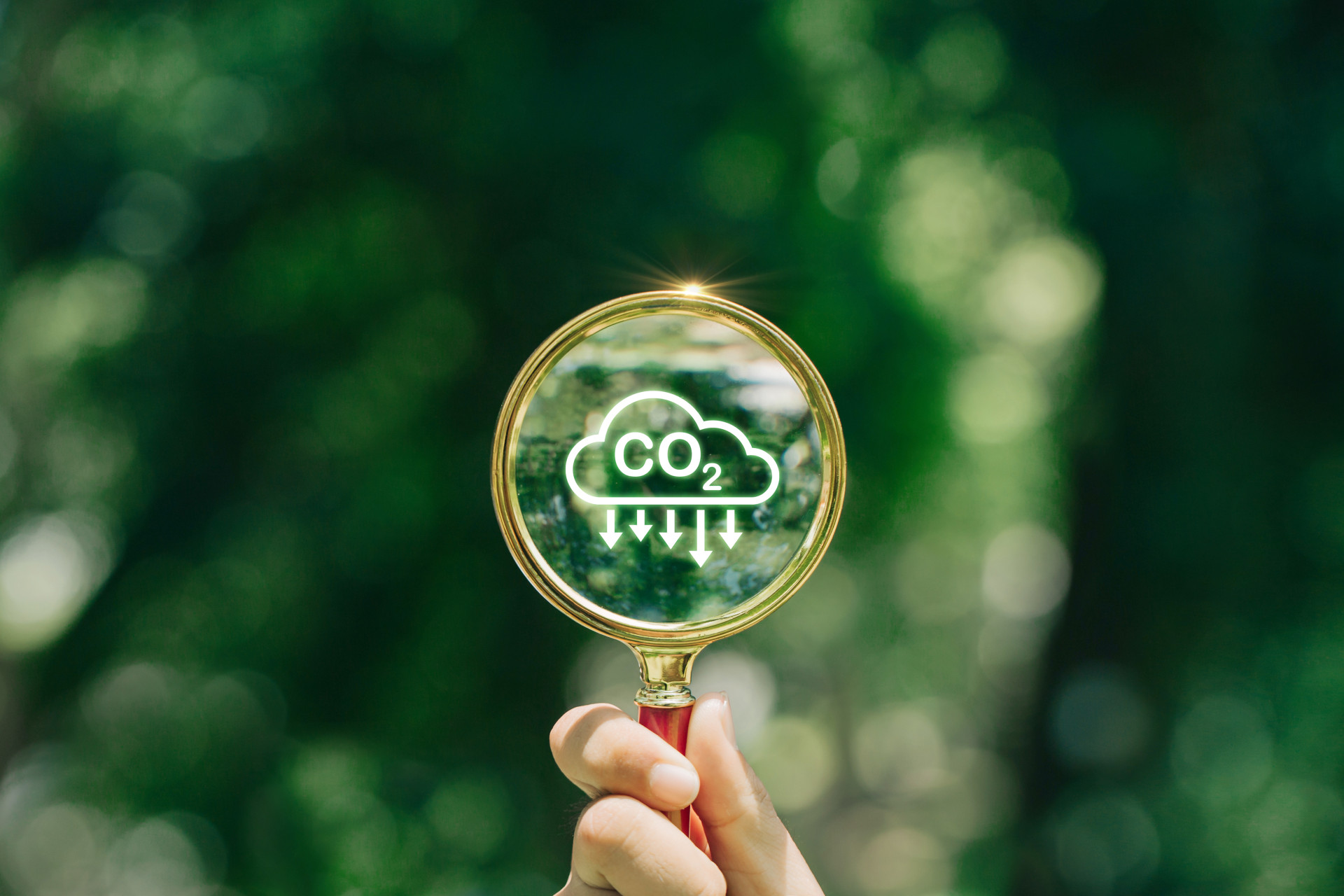
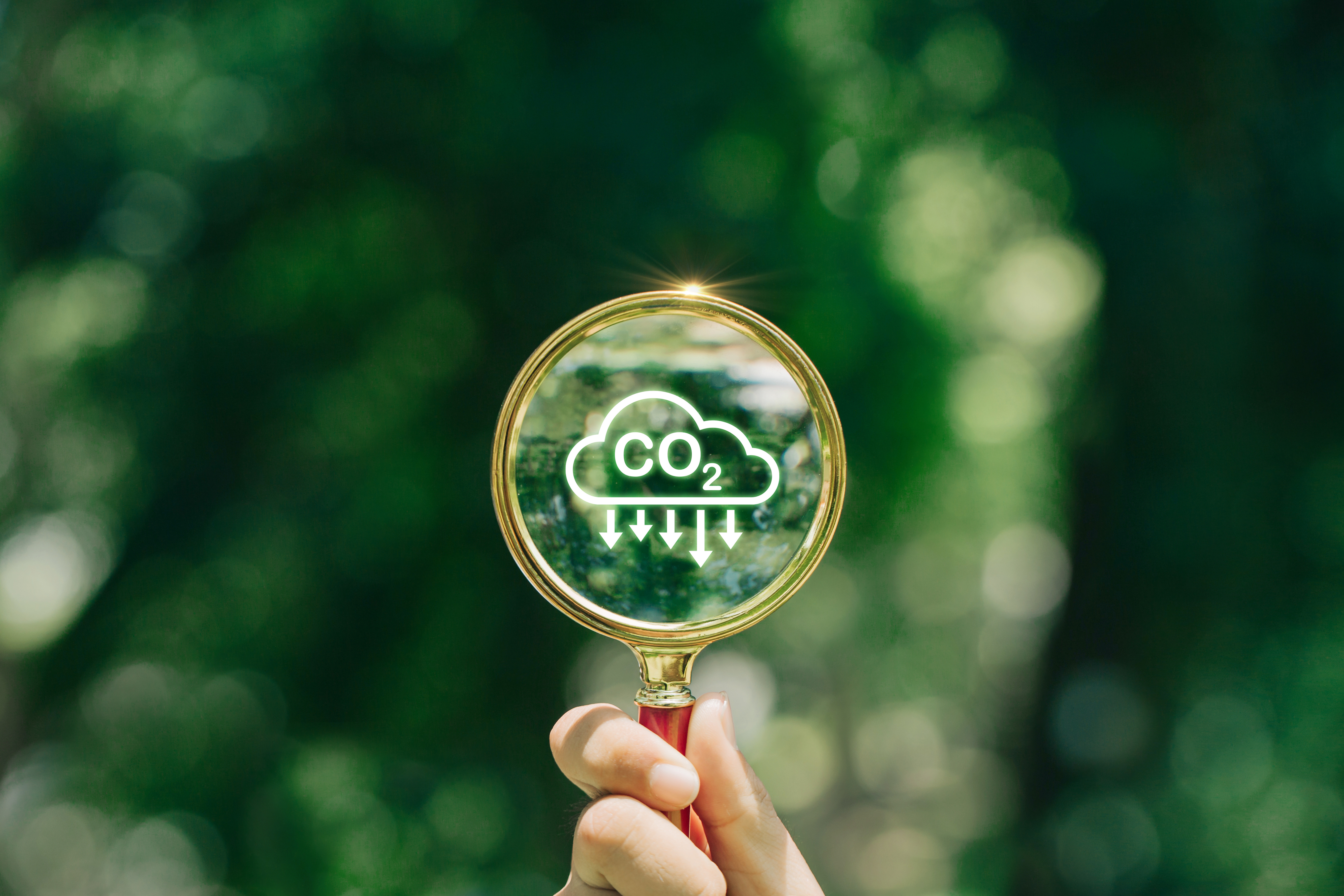
Netto-Null-2050 Reality-Check
In Phase I der Helmholtz-Klima-Initiative ist der Netto-Null-2050 Wegweiser entstanden. Um die Umsetzung dieser Handlungsempfehlungen zu beschleunigen, wird nun ein "Reality-Check" für ausgewählte Maßnahmen durchgeführt.
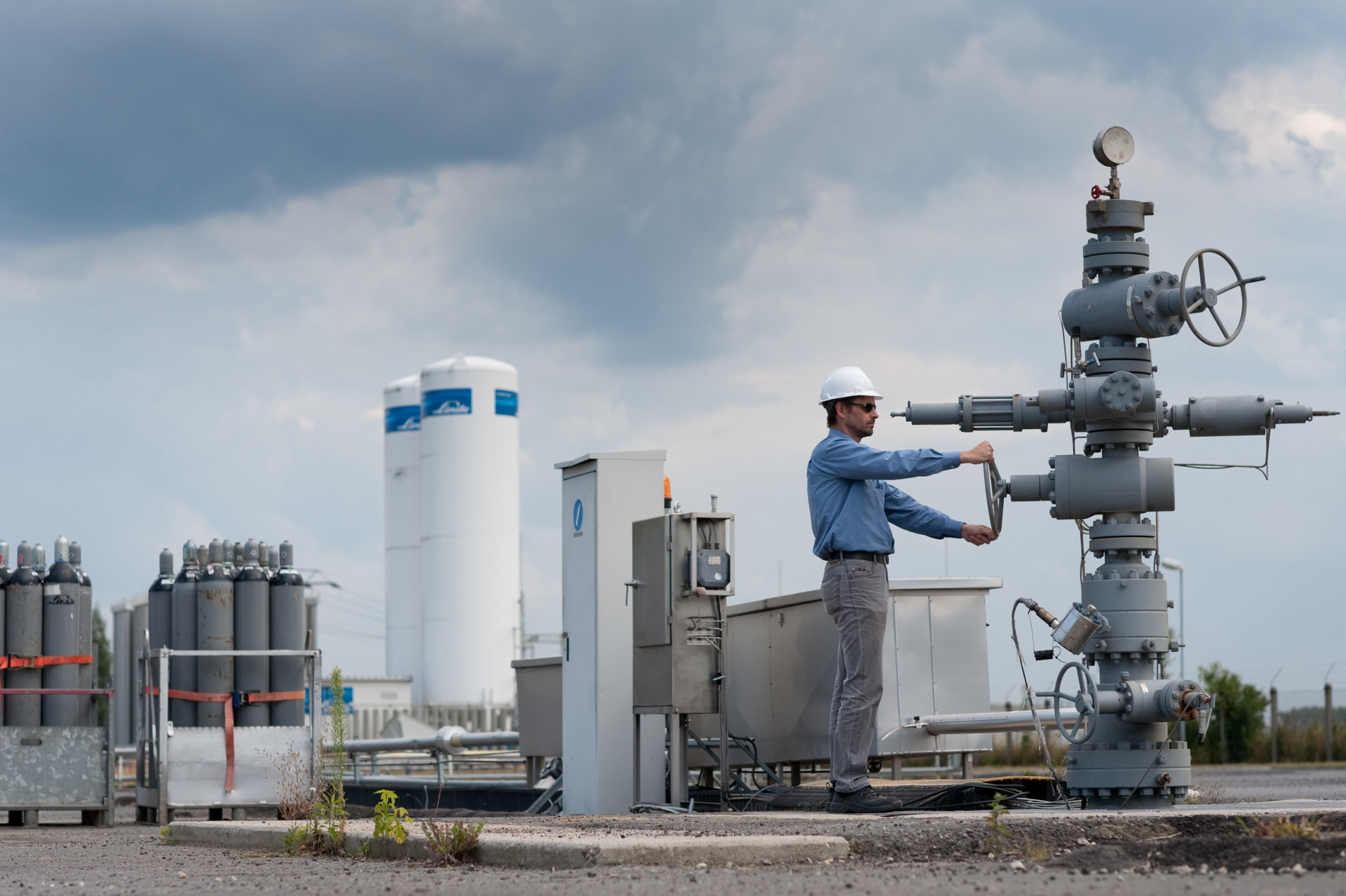
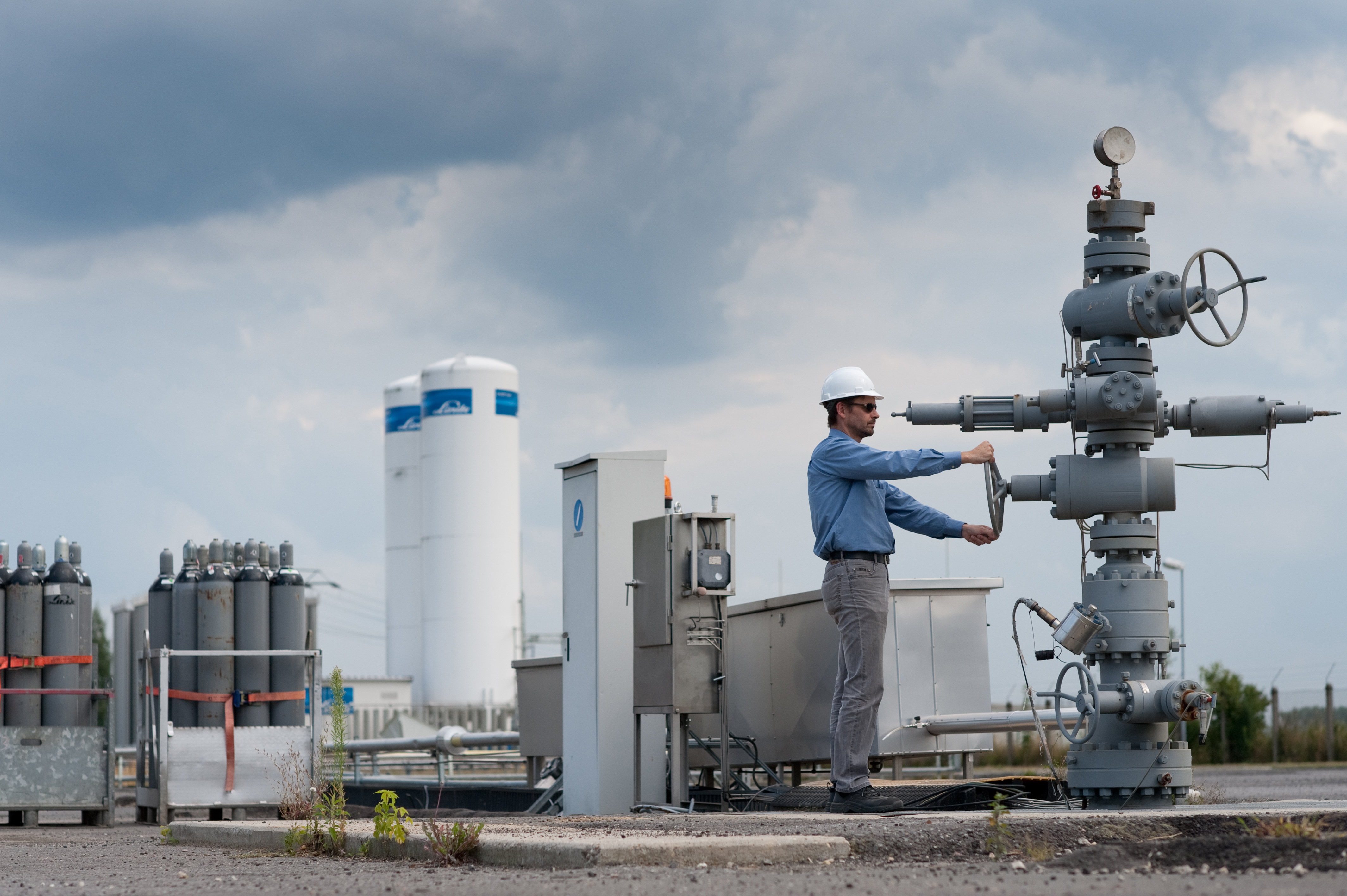
Technologische Kohlenstoffansätze
In Phase I der Helmholtz-Klima-Initiative standen Bioenergie mit CO2-Abscheidung und Speicherung (BECCS), direkte CO2-Abscheidung aus der Atmosphäre und -Speicherung (DACCS) und umsetzbare Lösungen für die unterirdische Speicherung und Wiederverwendung von CO2 sowie Wärme- und Kältespeicherung im Fokus der Forschung. Mehr zu Phase I.
Die zweite Projektphase wird nun mit Schwerpunkt auf drei Themen fortgesetzt: (i) direkte elektrokatalytische Umwandlung von CO2 in Kraftstoffe und Chemikalien, (ii) die hydrothermale CO2-Mineralisierung und (iii) die Optionen und Potenziale für die Verbindung von temporärer unterirdischer CO2-Speicherung mit geothermischer Wärmenutzung.


Wiedervernässung von Mooren
Laut der nationalen Moorschutzstrategie könnte unzureichende Wasserverfügbarkeit in Folge des Klimawandels ein Hindernis für eine erfolgreiche Wiedervernässung von Mooren darstellen. In Phase II der Klima-Initiative wird daher die aktuelle und künftige Wasserverfügbarkeit in den deutschen Moorgebieten untersucht. Außerdem wird in Potsdam ein Pilotprojekt zur Moorwiedervernässung in Zusammenarbeit mit lokalen und regionalen Stakeholder:innen entwickelt.

